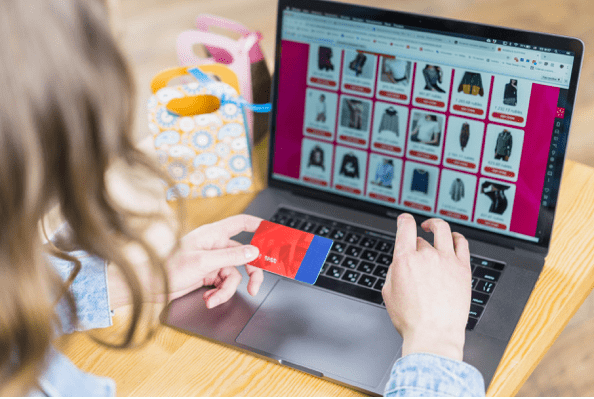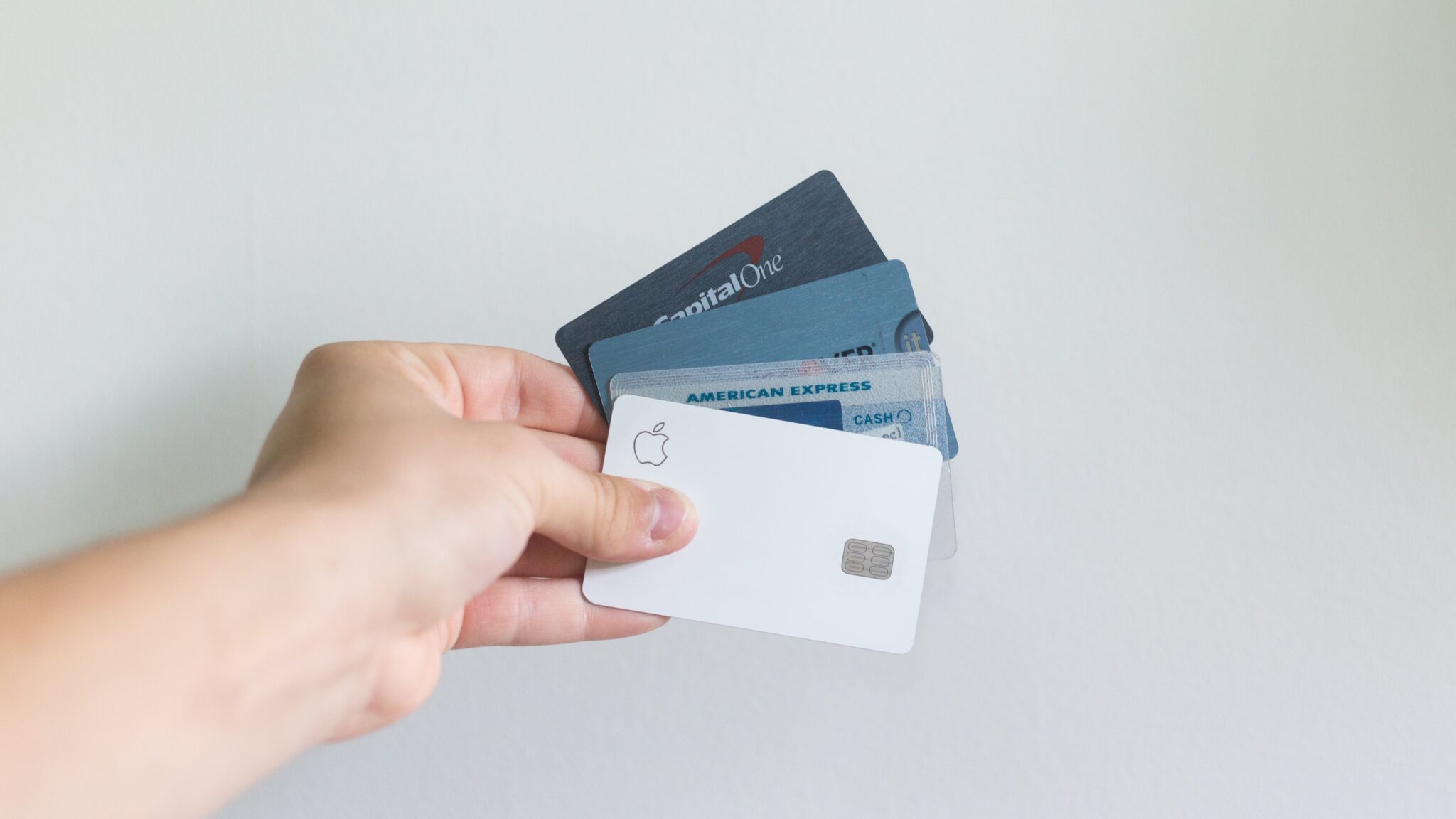Here’s When Chargebacks Become First-Party or “Friendly” Fraud
In the United States, chargebacks are enshrined into federal law and are designed to protect cardholders from fraud. Through the chargeback process, cardholders can dispute fraudulent transactions, such as a purchase made when someone stole a credit or debit card. When used properly, chargebacks can provide consumers with a lot of protection. Unfortunately, however, when misused, they can result in fraud that hits businesses big and small.
Chargebacks can result in first-party fraud, or friendly fraud as it is sometimes called. This occurs when a cardholder makes a transaction but then abuses the chargeback process in an effort to defraud the merchant and score free products. We’ll take a closer look at first-party fraud in a moment, but first, let’s understand why chargebacks, and thus friendly fraud, are such a serious threat.
The Serious Risks Posed by Chargebacks
A cardholder can go to their bank and request a chargeback. Crucially, this means that the cardholder’s bank can determine whether to initiate a chargeback dispute, and in practice, they will normally side with their cardholder. Why? First, laws stipulate that cardholders have a right to dispute a charge, which normally means going through the chargeback process. Second, many banks simply want to keep account holders happy.
If a customer’s chargeback is approved, they’ll get the money from the transaction back. From the cardholder’s point of view, a chargeback essentially amounts to a refund. Unfortunately for businesses, the lost revenues from a transaction are only the start of their problems. Merchants will also have to pay chargeback fees, which range from $25 to $100. The merchant’s chargeback ratio will also tick upward, and if it gets high enough, they may have to pay higher transaction fees on all of their transactions.
By the way, the issuing bank will also determine whether to approve or deny their cardholder’s dispute. In practice, banks tend to side with their cardholders, which helps pave the way for first-party fraud.
First-Party (AKA Friendly) Fraud Explained
In theory, chargebacks protect cardholders from fraud. Sometimes that’s true. However, cardholders can also abuse the process to engage in first-party fraud and secure free goods. Unfortunately, businesses often shoulder the burden of fraudulent transactions. Let’s illustrate how first-party fraud can play out.
A cardholder heads to an online merchant, say Acme’s Amazing Sweaters Shop, and orders 5 sweaters. The merchant processes the payment and ships the goods. Then, when the shipment is delivered, the cardholder claims that it never arrived and asks their bank for a chargeback.

Why would the cardholder do this? After all, they got their goods. Yet if their bank approves the chargeback, they’ll get their money back and they will also get to keep the sweaters. This means they abuse the chargeback process to net free goods.
In the past, this was often referred to as “friendly fraud.” However, there is nothing friendly about such fraudulent activities. Now, more parties are referring to it as first-party fraud because the cardholder himself or herself is the one actually committing fraud, not a third party.
Combating Friendly Fraud
Merchants can fight chargebacks through the chargeback dispute process. They will have to prove that the purchase was made by a legitimate cardholder and that the order was fulfilled as promised. One common method for cardholders to engage in first-party fraud is to claim that they did not receive a shipment. As such, it’s smart to require a signed shipping receipt, especially for high-value items.
It’s also wise to use a dispute management platform such as ChargebackHelp that can help you gather evidence that a purchase was legitimate. You can also chargeback alerts as well, through which a bank will warn you of an impending chargeback. This gives you a chance to refund the customer before you get hit with a chargeback and all the associated penalties that come with it. Obviously, if you’re facing first-party fraud, eating the refund hurts, but it may still be the financially prudent choice if it helps you avoid fees.
Sometimes cardholders will file for a chargeback not because they want to defraud the business, but instead owing to confusion over an order. For example, if someone orders five sweaters, and only four arrive, they may turn to their bank for a chargeback. However, the other sweater might be on the way but could be in a separate package. Providing customers with detailed shipment tracking and also having a responsive customer service department can ward off chargebacks. If a customer gets in touch, make sure you clear things up as quickly as possible.
Ultimately, first-party fraud is a major threat, so you’ll want to bring as many tools and best practices to bear as possible. The right moves now could protect you from a lot of pain further down the line.
This article has been published in accordance with Socialnomics’ disclosure policy.










